A touch of uncertainty and hushed talk of the ‘cooling off’ of the Bay Area real estate market has been floating about for a while now. We’ve provided some information and indicators that we hope will help both buyers and sellers better understand our very unique real estate market. Of course, The Costa Group always welcomes the opportunity to meet with you to understand your distinct situation. We invite you to contact us should you have questions about whether it’s the right time for you to buy or sell.
The price index for San Francisco condominiums declined for three constitutive months as of September 2016. The number of homes and condos up for sale has increased by 26% over last year. Both of these are potential indicators of the transition to a buyer’s market for the first time in many years.
Photo courtesy of the registrysf
The nation’s current economic recovery is the fourth longest since WWII, at 89 months and counting. Because of this, there are numerous economists who feel that we are due for a market correction. While no one can predict with utmost certainty what the market will do and where the Bay Area is in our economic cycle, there are signs of softening.
We aren’t encountering a dramatic slowdown. Employment is near all-time highs, and so are rents and median house prices while inventory remains very low. In San Francisco, Zillow shows 400 single family homes for sale and 540 condos, with both averaging 49 days on market, the lowest in the nation.
But there seems to concern over jobs in the tech sector, which has been the driving force behind the Bay Area’s residential real estate in recent years.
“We’re thinking there will be a correction in the next couple of years, but we think it starts with the high-end turning, and then spreads (to slowing) job creation,” states UC Berkeley economist, Kenneth Rosen. Rosen has been studying Bay Area real estate for 37 years. The big question is whether many local start-ups, such as Uber and AirBnB, will go public, boosting the real estate market skyward, or if they will remain private.
Since Facebook’s IPO in spring 2012, San Francisco’shome values have nearly doubled. IPOs for SF-based Uber and Aibnb could result in the city’s real estate market being once again flush with cash.
Image credits: Fortunedotcom
But until the time when these and other so-called unicorns (companies poised to go public), the market may be settling into a lull. But ultimately, tech is resilient and will be a determining factor in many industries, including real estate, for a long time to come.
In a nutshell, that means downturns will come and downturns will go in Bay Area real estate but in the end, prices will continue upward. The key is to know when the market is ripe for buyers and act before it reverses course.
And that moment may soon be here.
Taking a long-term view, there is nothing out of the ordinary about the pricing action of the recent Bay Area real estate pricing upswing. It is doing what it has always done for the last 30 years.
Since the mid-1980’s, there have been four bull cycles and the region’s home prices leaped upwards from 60 to 100 percent in response. In our current cycle, home values have risen anywhere from 65 to 70 percent. During the last three downturns, home prices decreased 11%, 10% and 27% respectively.
The Bay Area experiences pricing upticks in 5 to 7 year blocks and downturns that generally last 1 to 4 years. The latest appreciation period began in 2012, when Facebook went public.
The only housing section that has flattened out is condominiums. The median condo sale for the third quarter of 2016 was $1.05 million, keeping in line with median pricing the same time in 2015. Prices for entry level single family homes in San Francisco, however, have increased 10.9% between August 2015 and August 2016.
This is a result of on-going new development in the condominium sector while single family residences are a rare commodity for which potential buyers have to compete against each other. Part of the problem is low inventory, except in the luxury home market, which is defined as a property valued at $2.5 million or more.
In the Bay Area, the tech industry directly impacts housing prices. That includes the smallest start-ups to the largest publicly traded corporations.
Early stage start ups recruit talent who come to live in region while later stage start ups or companies that have gone public infuse the real estate market with cash, liquidity their employees use to purchase homes.
The Bay Area’s tech job base is big and only getting bigger, fueled by venture capital being centralized in Northern California during the latest economic boom cycle. Today, the region’s share of venture capital hovers around 50%. In the 1990’s that percentage was about 25%.
The trend now is moving from one of growth to financial caution throughout the tech sector, resulting in slower employment growth. This is resulting in a healthy correction in the housing market rather than a pull-back.
But, whenever some of the area’s key start ups, like Uber and Airbnb, do decide to initiate their IPO, it could have an intense impact on the housing market.
Google’s IPO led to 22 and 15 percent increases in Palo Alto housing values in 2004 and 2005. Facebook’s 2012 IPO resulted in 14 to 24 percent upticks in Menlo Park through 2006.
For the time being, both Airbnb and Uber continue to raise funding through private sources, which is good news for San Francisco’s home buyers, as it staves off future millionaires from entering the residential real estate market for awhile longer.
If the Bay Area continues along the same path as it has for the last 30 or 40 years home values will double during each economic cycle.
In the late 1970s, homes in the Bay Area cost 3 to 4 percent more than the median household income. Today, according to Zillow, that percentage is more like 9 to 10 percent.
The bottom line is, there is always an opportunity to buy and sell. Despite what many believe the holiday season is an ideal time to put your house on the market or find the new home you've been looking for. Sellers are motivated, buyers are serious, your home looks its best.
When it all comes down to it, the Bay Area is a highly desirable place to live and work. Our real estate market has reflected this for decades and will continue to attract those who wish to enjoy all of the wonderful things the San Francisco Bay Area has to offer.
If you are interested in exploring whether it is the right time for you to buy, sell or invest in real estate in San Francisco or Marin County, The Costa Group welcomes the opportunity to be a valuable member of your team.
Article excerpts from San Francisco Magazine November 2016, The Great Cooling Off.





